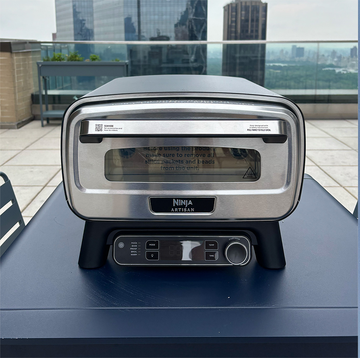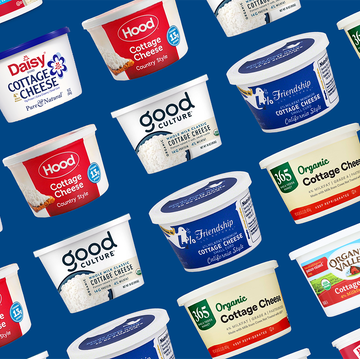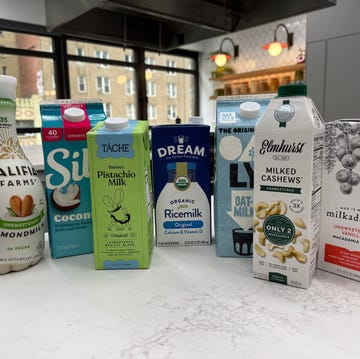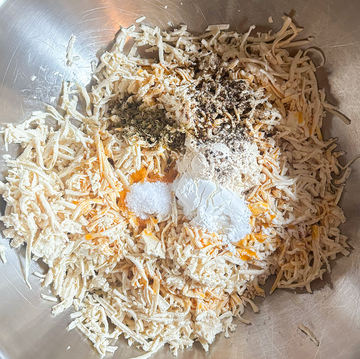You've probably heard that a glass of wine will help you sleep. Maybe you've even experienced drowsiness accompanied by some yawning after a glass or two. We even put wine to the test in our review on drinks to help you sleep. So, does wine really help you sleep?
We consulted two experts in sleep and wine, Dr. Andrew Colsky, J.D., L.P.C., L.M.H.C., founder of National Sleep Center, and Dr. Madaiah Revana, cardiologist and CEO of Revana Vineyards, to find out.
Does Wine Help You Sleep?
A glass of wine might help you fall asleep, but it's not good for restful sleep, according to Dr. Colsky. Wine, like all alcohol, might make you sleepy because it's a depressant with a sedative effect. "It helps you fall asleep quickly because it enhances GABA activity, which calms brain activity and induces drowsiness," he says.
But if wine in particular makes you sleepy, histamines could be to blame. Dr. Revana says histamines, especially in red wine, can cause drowsiness.
So, wine might help you fall asleep, but it likely won't help you stay asleep. "Alcohol actually disrupts your sleep quality," Dr. Colsky says. "Once you fall asleep, and your body starts to metabolize alcohol, all of the negative effects begin."
In our review on drinks to help you sleep, wine made the author fall asleep, but she was wide awake in the middle of the night. Disrupted sleep is one known effect of alcohol consumption, but it also affects REM, which is an important part of the sleep cycle. Dr. Colsky says alcohol blocks REM, which can lead to poor emotional regulation and memory consolidation.
"Additionally, as the alcohol is processed in your system, it can lead to frequent awakenings in the evening, increased night sweats, and since it is a diuretic, more trips to the bathroom," he says. As alcohol relaxes the muscles in your throat, it can also cause breathing problems like snoring and sleep apnea, he adds.
Tips For Getting A Good Night's Sleep
While alcohol can affect your quality of sleep, there are ways to minimize its negative effects, even while enjoying a glass of wine. Dr. Revana recommends avoiding drinking late at night and stopping drinking 3 to 4 hours before bed, which allows time for the body to metabolize alcohol while protecting REM and the sleep cycle.
Additionally, he says to avoid mixing alcohol with sedatives and medications, to eat and hydrate along with your wine, and to drink in moderation—this means no more than one to two glasses per day.
Sleeping in a quiet, dark, and cool room—and keeping the bedroom for sleeping, not TV or phone use—are additional tips Dr. Colsky recommends for promoting sleep.
The Bottom Line
Wine might help you fall asleep, but it can have negative impacts on sleep quality.
"There is nothing wrong with drinking wine or any other alcohol in moderation," Dr. Colsky says. "The problem comes in if your purpose of drinking wine is to put yourself to sleep. This may become a habit that negatively impacts your ability to get a full night of restful sleep."













